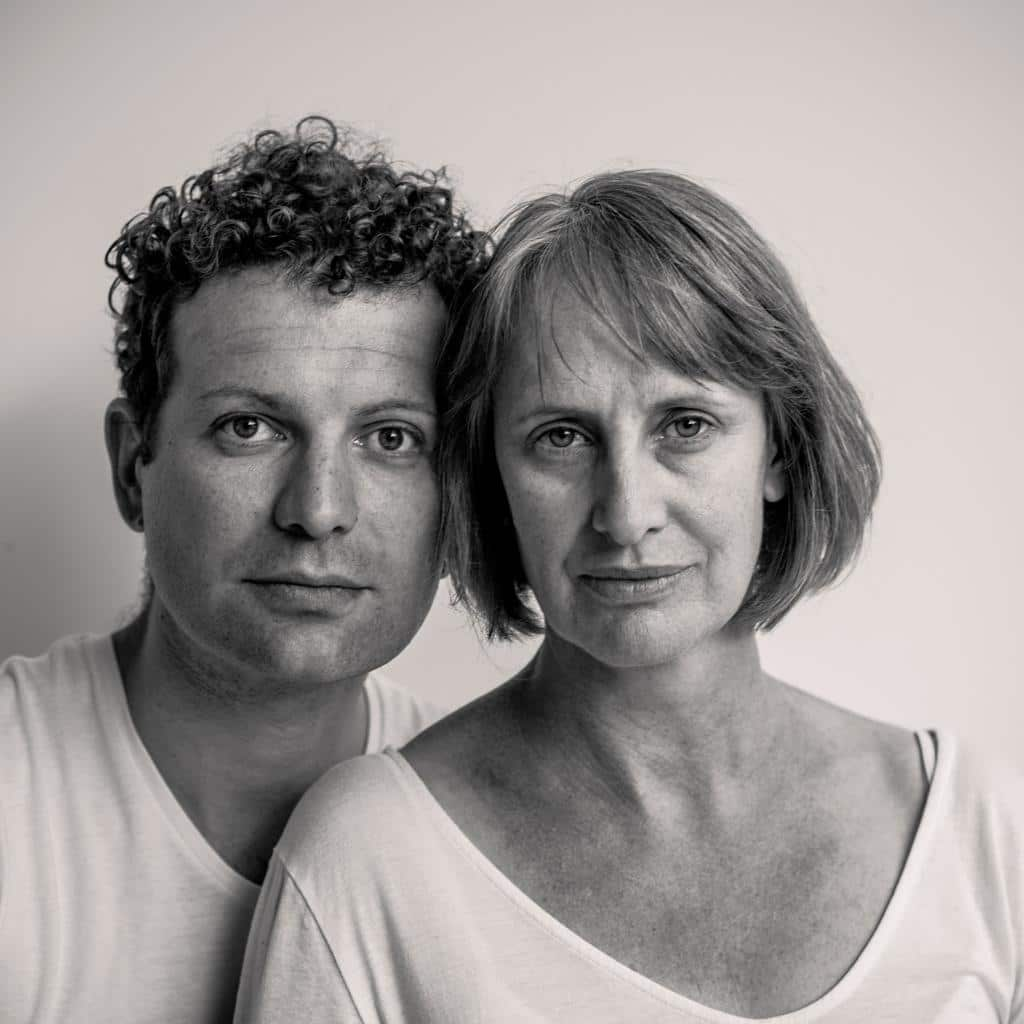The United Kingdom will head to the polls in December after Prime Minister Boris Johnston and his government failed to reach a Brexit deal in time for the October deadline.
It has been three years and four months since the United Kingdom European Union membership referendum sanctioned the decision for the UK to exit the EU, marking the beginning of the so-called Brexit.
But where does Australia stand? According to the Australian Institute of International Affairs, Australia’s links with Europe have not always been strong, with successive Australian governments focused on close ties with the UK while paying little attention to the rest of Europe.
“The interest in Europe has been pretty low. And where it existed, it was very much British-focused or through the eyes of Britain”, said Bruno Mascitelli, Professor in International Studies at Swinburne University.
Around 830,000 Australians are born in European Union countries (excluding the UK) and many more claiming ancestors from the region. Is the narrative that aligns Australia with a British point of view reflecting our national interests and the complexity of Australian society?
“The way Brexit has been discussed in Australia reflects a split between ‘our’ British culture and affiliation and ‘their’ European interests and culture which does not apply to a large portion of our Australian society. It somehow reiterates old narratives regarding true Anglo-Australia and ‘the other’ Australians’,” says Malcolm Angelucci, artist and Lecturer in Italian studies at the University of Melbourne.
Malcolm has lived in Australia since he was 28-years-old. He was born in Italy near the Austrian border and moved to Melbourne in 2002; his wife is seventh generation Australian. Their children, born in Australia, are both also Italian citizens.
“It feels that here we are multicultural on the inside and ‘anglo’ on the outside: when we look outside our borders, we are invariably revolving around Great Britain”, said Angelucci. “In the case of Brexit, it is framed around the UK, forgetting that a large portion of us, Australians, have personal, professional, cultural and even financial ties with Continental Europe.”
“In the case of Brexit, it is framed around the UK, forgetting that a large portion of us, Australians, have personal, professional, cultural and even financial ties with Continental Europe.”

Malcolm Angelucci with his wife Majella Flotsam. Source: Supplied: Tania Javanovic
“This division and the ‘taking sides’, often discussed here in Australia does not reflect the nature of our family and does not interest us. We are an example of unity through our fluid identities.
“Personally, I was born in South-Tyrol, an Italian province with a majority of German speakers, and I grew up learning how poisonous the ideologically driven nationalistic rhetoric of both sides can be”, Angelucci said.
Is there an implicit bias in the way the Brexit is framed in Australia?
“Yes but with some complexity,” said Swinburne University’s Bruno Mascitelli, who is also the president of the Contemporary European Studies Association of Australia (CESAA).
“The relation with the UK is very contradictory. There is a very small part of the political elite that is openly pro-British and sometimes they get a very loud voice in the conversation,” he said.
Mascitelli said Australia will need to develop relationships with European countries, as Britain will no longer be its connection with the EU.
“I think in the running it will be Germany but would Germany take an interest in this? I am not so sure.”
“Australia is only interested in the corridors of power. It’s not interested in some cultural attachment whether it is Italian or Greek. So basically the two interlocutors are Germany and France and the rest is fluff.”
Mascitelli said Australia’s efforts have historically been lackluster. This is symbolised by a statement made by Australian Ambassador to Italy, David Ritchie, at the end of his mandate in 2013, explaining how his mission had gone:
“He said that Italy was wonderful, that he loved it, that his wife loved it, that it has all the culture, the food, the exhibitions, but that there is no relationship with Australia”.











